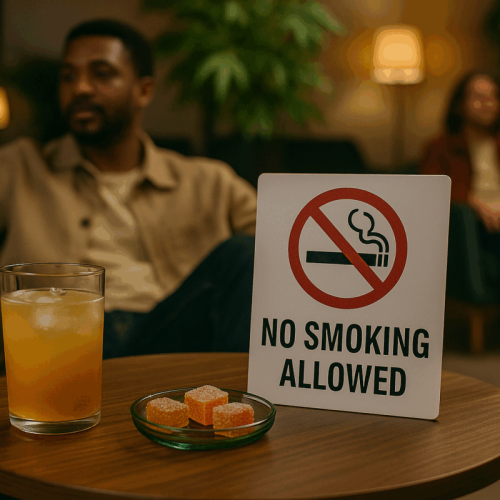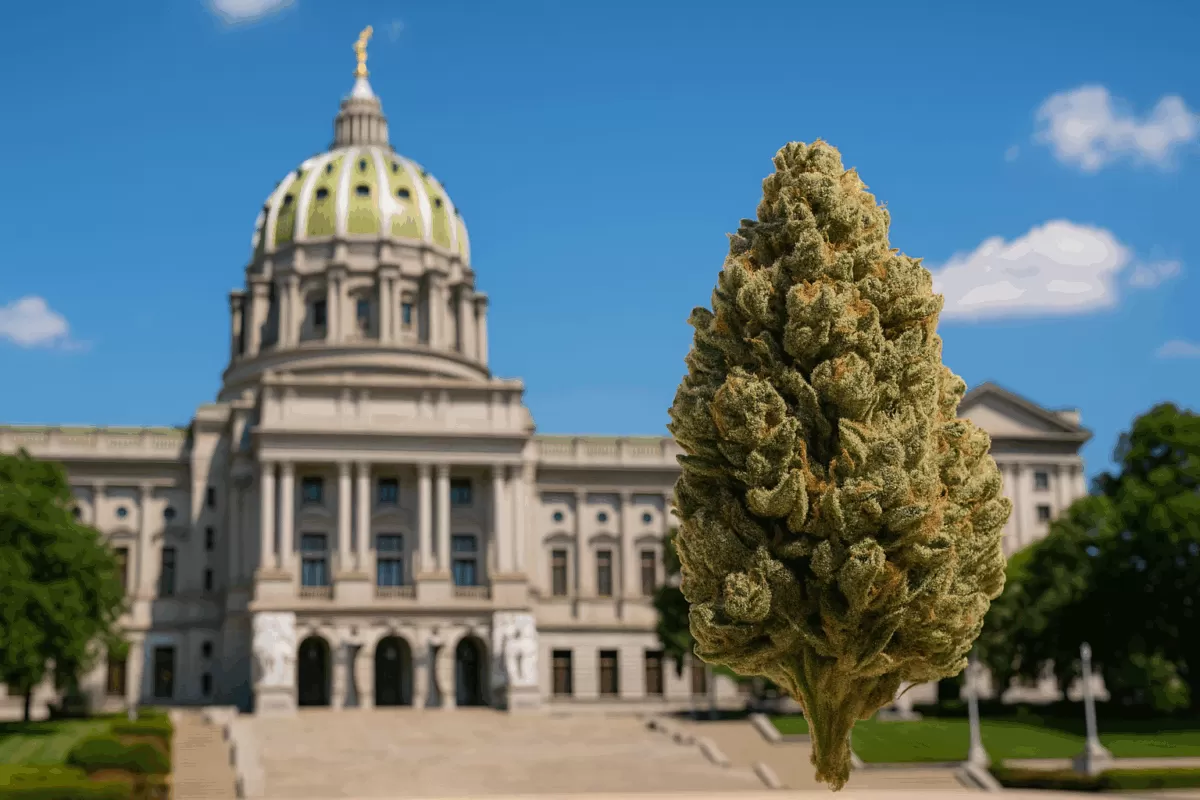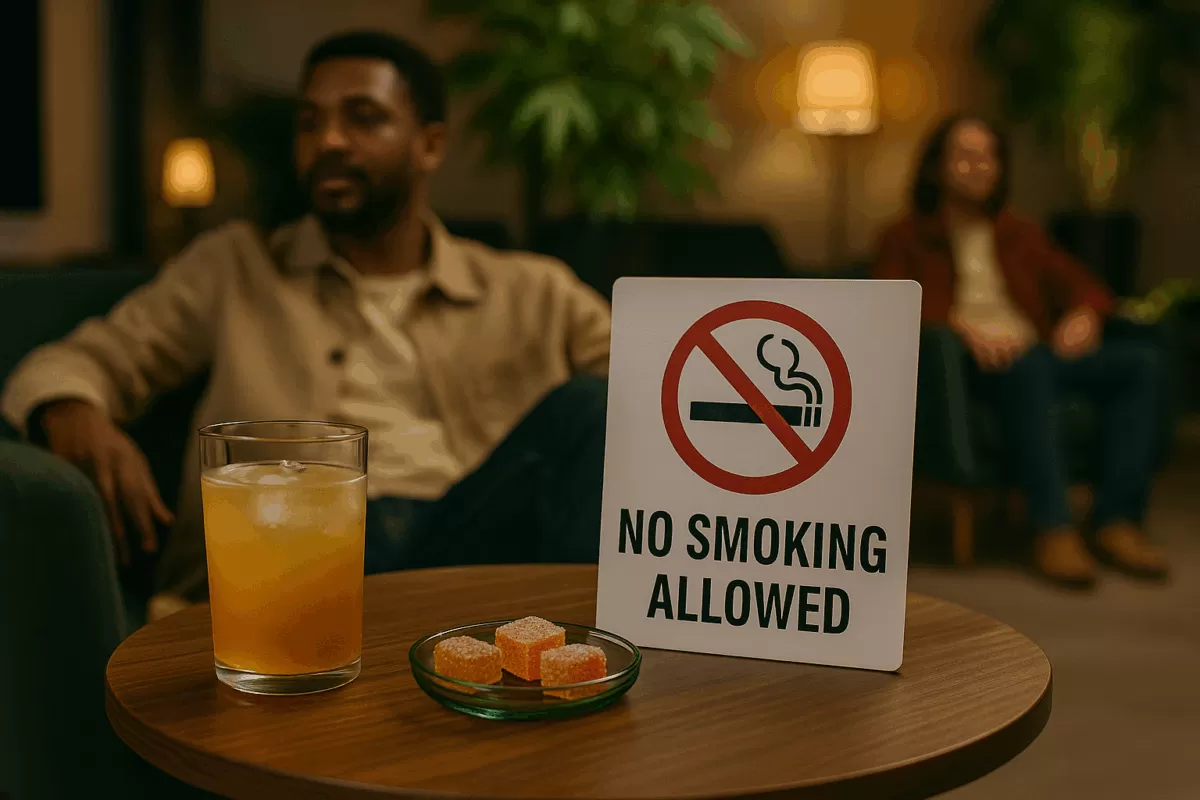The Intricate Intersection of Legal Cannabis Use, Child Welfare, and Racial Bias
The city’s child welfare agency, the Administration for Children’s Services (ACS), found itself in a controversial situation. Chanetto Rivers, a new mother, alleges that ACS unjustly interfered with her right to care for her newborn1.
In August 2021, Rivers used marijuana before giving birth. This act, although legal in New York at the time, resulted in ACS opening a neglect case against her. The agency moved to place her infant, who tested positive for marijuana at birth, into foster care. Rivers, however, was not allowed to spend significant time with her baby during the critical first few days postpartum. She could only visit briefly each day2.
Racial Bias Allegations Against ACS
Rivers’ legal battle brings to light a deeper issue: racial bias within ACS. The lawsuit suggests that ACS targeted Rivers “because Ms. Rivers is Black.” It further states that the agency wasn’t acting to protect the infant, referred to as T.W. in legal documents, but rather due to racial bias3.
Supporting this claim, an audit from 2020 revealed a disturbing pattern. ACS’s own employees confirmed a “predatory system” that unduly scrutinizes Black and brown parents. Alarmingly, Black families in New York City face accusations of child maltreatment seven times more often than white families. Moreover, they are 13 times more likely to have their children removed45.
Did Marijuana Use Justify the Removal of the Baby?
Rivers and her baby were tested for drugs without her consent. The mother admitted to using marijuana hours before giving birth when asked by a doctor or nurse. This admission sparked suspicion, leading to her and her baby’s drug tests67.
Yet, ACS’s own policy states that a positive marijuana test in an infant is not grounds for removal. There must be separate evidence that the marijuana use caused “impairment or risk of impairment.” In Rivers’ case, there was no such claim. The hospital did not treat the baby for anything related to the marijuana exposure8.
The Impact of ACS’s Actions on Rivers
Rivers’ encounter with ACS was far from brief. She was required to attend parenting and anger management classes and undergo drug tests for three months following childbirth. These requirements, coupled with surprise visits from ACS, disrupted her work and personal life9.
Conclusion
Rivers’ case raises critical questions about the treatment of marijuana use in the context of child welfare, and whether racial bias influences the actions of agencies like ACS. As the discourse surrounding marijuana legalization continues, it’s crucial to ensure that the rights and welfare of all families are fairly and equitably upheld.












